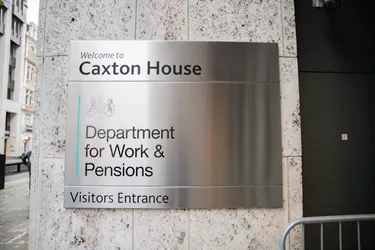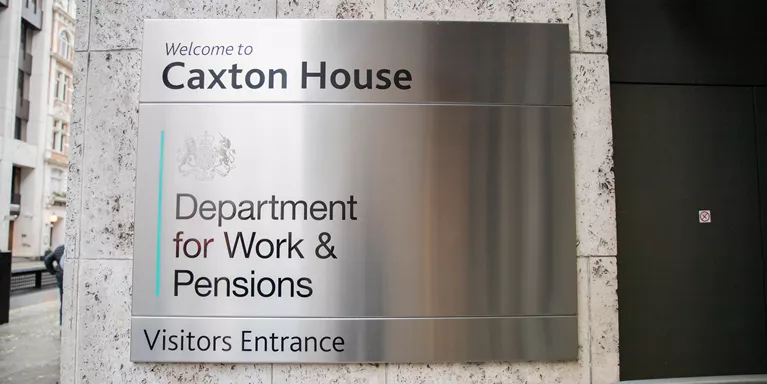Welfare reform: what we're doing
Tom from Mind explains how we are approaching the issue of reform of the benefits system.
We’ve heard loud and clear from our supporters in response to our blog post on the budget: welfare reform is a huge concern for many people with experience of mental distress and there is a feeling that we are not doing enough to address this issue head-on.
Let me assure all of our supporters that we care passionately about this issue and that, from the vital contribution of those who contact us, we are acutely aware of how fundamental the impact of changes in this area can be for people’s lives.
We are appalled by the language being used towards benefit claimants as the Coalition’s plans for reform are slowly made public. Very little in the way of concrete details have been announced, which makes it difficult for Mind to be comprehensive in its criticism, but also creates serious anxiety amongst those who may be affected. However, our CEO Paul Farmer has stated publicly what we want to see from any reform to welfare, whilst in response to the language being used, Policy and Campaigns Manager Emma Mamo spoke out on Radio 4’s World at One this week.
Meanwhile, as we wait for greater detail on what exactly is being proposed, we are working behind the scenes to try and influence the direction of travel. This is a highly complex and politically charged process, and we must make sure of ourselves before taking action. Working with around 30 other charities and organisations in the Disability Benefits Consortium we are presenting a united front on behalf of all disabled people to argue that the benefits system needs to be fair, transparent and accurately reflect the real-life circumstances for those in need of Government support.
It’s also important to remember that these are not new issues for us. For a long time, Mind has expressed concern that disability benefits were often used as an excuse to make no real effort to help people with mental or physical difficulties to be able to play an active part in society. Offering real dignity, support and assistance, to allow people to work or engage in other meaningful activity was being shunned in favour of simply paying the bare minimum to keep people off the unemployment count.
The previous Government, and the current one, have made a point of referring to Mind’s involvement in contributing to the development of the assessment for determining if someone is fit to work as some kind of badge of honour. Indeed, Mind was consulted about the development of Employment Support Allowance and the Work Capability Assessment (WCA) and the subsequent review of the WCA, as we are on many policies relating to mental health. However, we have been far from satisfied with the consultation process and the outcome, and have been public in our condemnation. Although our involvement can lead to accusations of consent even when we did not agree with the final outcomes, it is also worth considering the possibility that the test would be even less suitable without our input.
So what happens next? There will almost certainly be a Welfare Bill later this year and we will be extremely active in trying to ensure that it is sensitive to the needs and wishes of people with experience of mental distress. With something firm on the agenda to debate, we will publicly and privately campaign towards this goal, looking to involve our supporters wherever we can. As part of this process we will also focus on encouraging a drastic rethink of the WCA before the migration of Incapacity Benefit claimants begins later this year.

Information and support
When you’re living with a mental health problem, or supporting someone who is, having access to the right information - about a condition, treatment options, or practical issues - is vital. Visit our information pages to find out more.
Share your story with others
Blogs and stories can show that people with mental health problems are cared about, understood and listened to. We can use it to challenge the status quo and change attitudes.

















